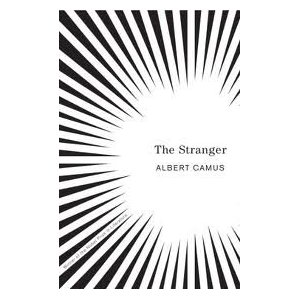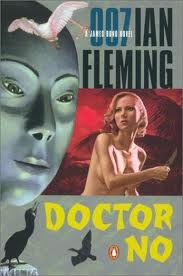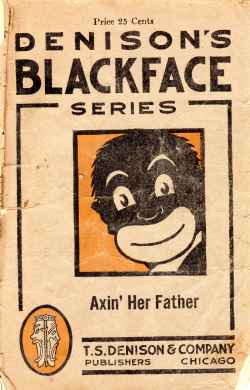 I read this book early in my college career, when I was cutting classes to hang out and read in the Marquette University Memorial Library. I read Existentialism and Human Emotions (which I reread in 2006), and I was looking for some other Existentialism to sink my teeth into. So I did a library catalog search (on a computer, even then, not on little cards), and I found the Camus. I checked out The Stranger and the book right next to it, The Outsider. When I finished The Stranger and cracked open the other, it was quite deja vu, although it did not make me physically nauseated. The Outsider was a British translation of The Stranger.
I read this book early in my college career, when I was cutting classes to hang out and read in the Marquette University Memorial Library. I read Existentialism and Human Emotions (which I reread in 2006), and I was looking for some other Existentialism to sink my teeth into. So I did a library catalog search (on a computer, even then, not on little cards), and I found the Camus. I checked out The Stranger and the book right next to it, The Outsider. When I finished The Stranger and cracked open the other, it was quite deja vu, although it did not make me physically nauseated. The Outsider was a British translation of The Stranger.
So, where was I? Oh, yes. Rereading this bit about Meursault not doing much, killing an Arab, and then getting tried for it.
Well, it’s a bleak little piece, and I don’t find Meursault a particularly unsympathetic character, the pivotal point comes when he, after his suspicious “friend” is in a fight with the Arab, returns to the place where the Arab lingers and, dazzled by the sun and his headache, shoots the man.
He’s like a Forrest Gumpian feather floating along on life, and then an Arab is shot, and he starts thinking deeply, well, Existentialism-deep on things? Bleh. I could have followed along some other path with the man who just lives in the moment without thinking or reacting coming to some other realization, but to have it hinge on a single, unforeshadowed violent act just doesn’t work for me.
I don’t remember what exactly I thought of this book twenty years ago, but as I age, it’s becoming clear to me that French Existentialism is a philosophy for college students and Frenchmen. It relies too much on subjective interpretation of reality to speak to someone older than 24. Or at least me.
Books mentioned in this review:









